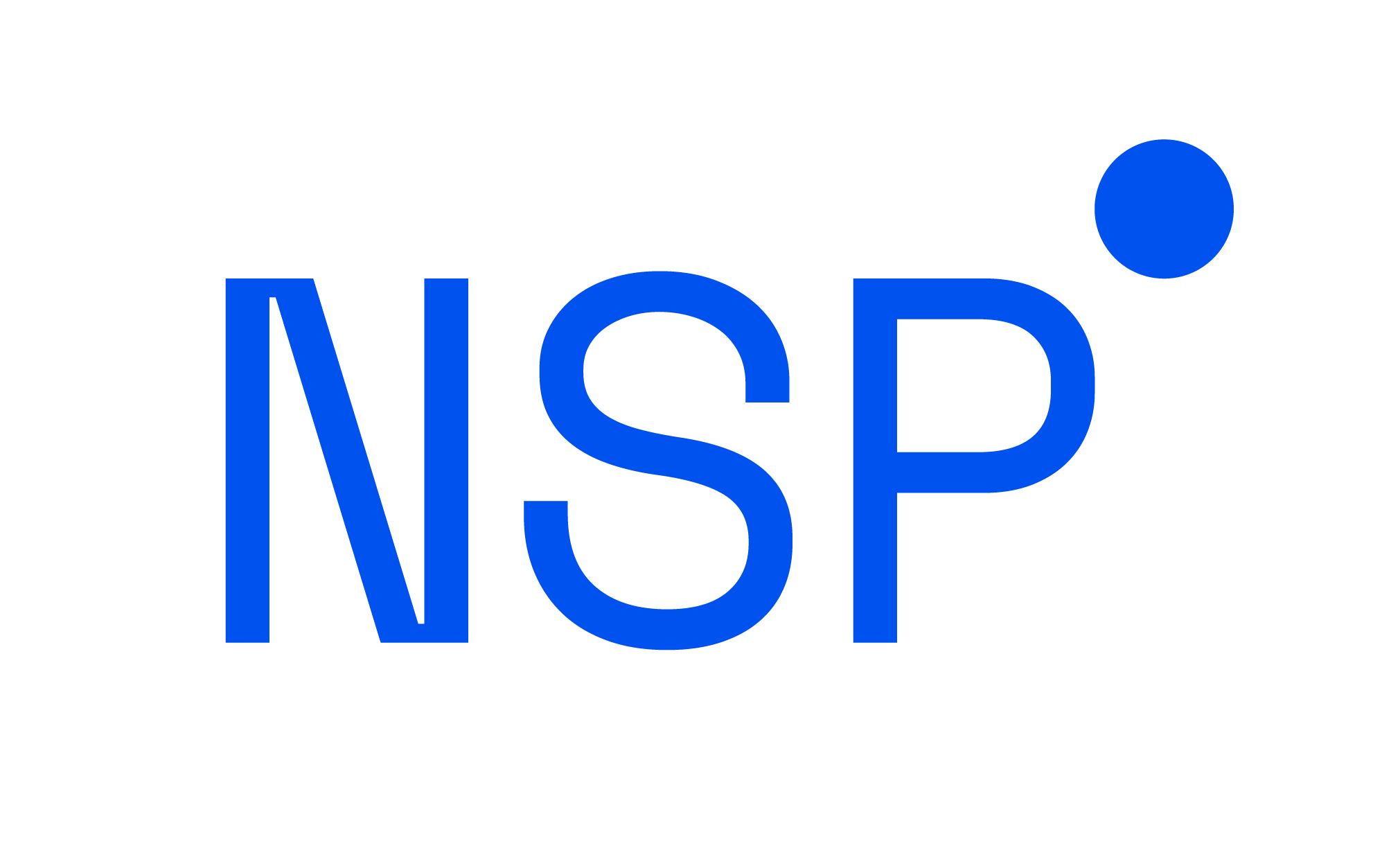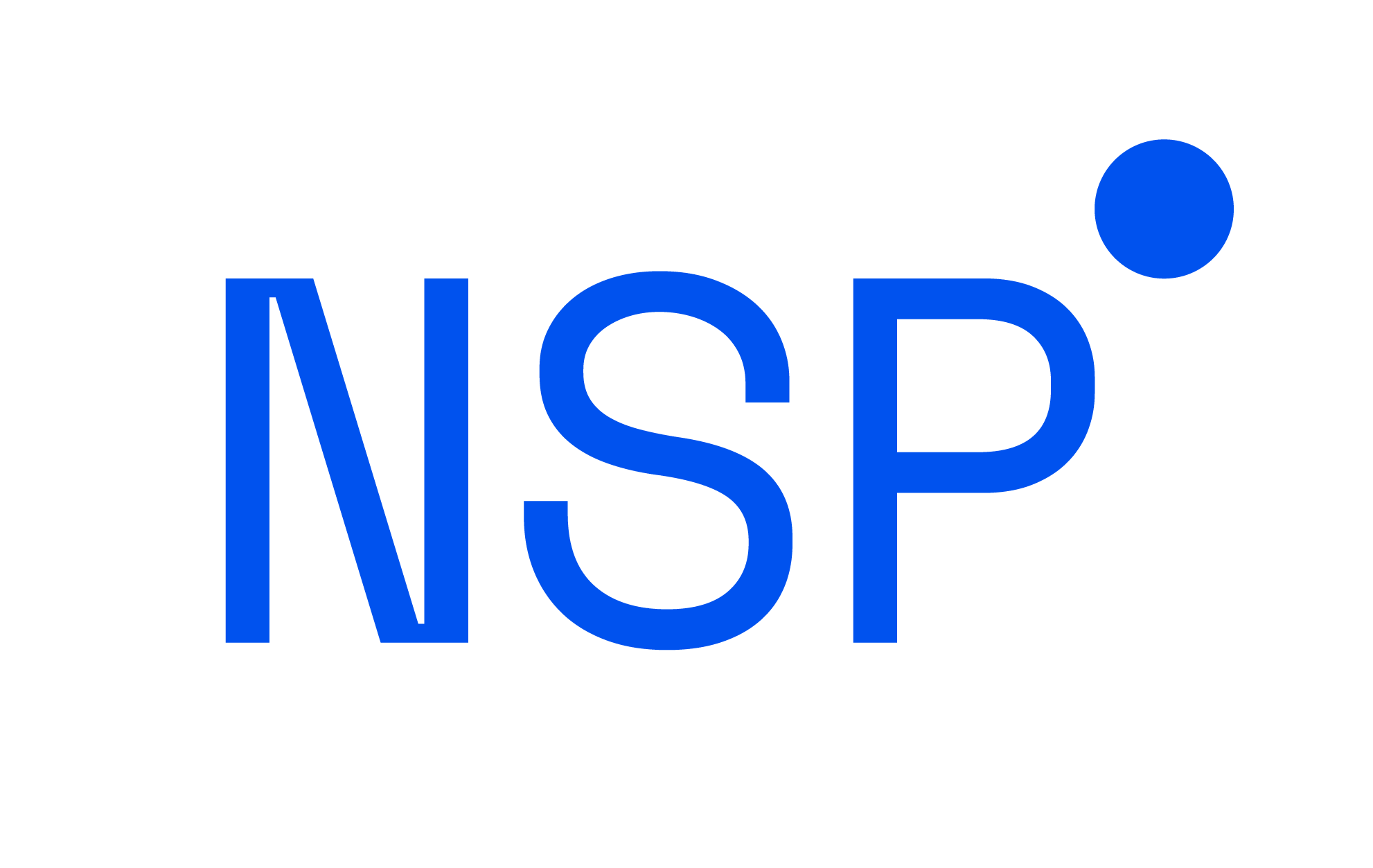
What is the meaning of your marketing? What are the roots of your storytelling? More and more companies embark on a long journey to discover the hidden traits of their identity. And what they find is a long red thread that goes straight to the roots of culture and society.
There is a persistent wave that moves underneath the structures of modern business, molding everything we do. Sometimes we recognize it, sometimes not. This wave is made of myths and heroes, and it is shaping a new marketing. Mythological Marketing.
The union between myths and marketing is not a new thing. The art of selling has always been closely related to the ability to leverage on the hidden meanings we all bring in. That is, in example, the reason why a Brand rarely offers the same type of message in different markets, even for the same product.
To be compelling and engaging, the storytelling must resonate with the feelings and perceptions (and prejudices) of a particular audience. The content and the context are inescapably entwined, more so in a time of technological revolutions where the concepts of space and time lose relevance.
“Myths are the stories people tell to explain nature, history, and customs. Myth is a feature of every culture. Mythologizing continues, as shown in contemporary mythopoeia such as urban legends and the expansive fictional mythoi created by fantasy novels and comics. A culture's collective mythology helps convey belonging, shared and religious experiences, behavioral models, and moral and practical lessons.” (Wikipedia)
As human beings, we come from different narratives, layered over the centuries, but these stories are all rooted in myths: Greek, Roman, Mesopotamian, Norse, Celtic, Egyptian, African (with all its nuances), Biblical, and so on. They all provide a reference to the many stories that have been formed by peoples throughout all of time.
Long gone are the days when marketing was considered a ‘left brain matter’. Today, we know that the emotional elements guide our decisions, not only as people but also as customers. The marriage between the left brain and the right brain is essential to unlocking the unreleased and untapped power of mythological marketing.
If we consider the last couple of centuries, however, it is easy to see how the Western economies have dismissed the emotions in the name of a more rational approach to productivity and economy.
We find it hard to communicate with our emotions. Sometimes, they are even considered a sign of weakness (“You are too emotional!” is a negative catch phrase we hear too often). But now we know that understanding the emotions plays a pivotal role in the creation of meaningful experiences.
To drive positive behavior, goodwill, and business results, you must engage with customers by deeply appealing to their emotions with delightful, person-centric experiences. If you agree upon the fact that customer experience is the primary differentiator in today’s markets, then you recognize how critical is to study the myths that lay the foundations of our right brain.
Even though the entire human species shares a few basic, hard-wired emotions, in fact, most of them are a product of the cultural and anthropological substrate. Today more than ever you have to understand and drive the major clusters of emotions that either destroy or drive added value and create loyal customers.
So, we can define mythological marketing as the marketing that can speak both to the left and right brain. A marketing that can bring the emotional dimensions back to the role they deserve, and blend them with the functional elements, forging a storytelling that is unique and relevant to the customer.
Customer experience, customer journey mapping, content marketing, social media management, psychographic profiling, product development and launch: every single activity you plan and execute is influenced by what you are and what your customers are. Even your company’s archetype comes from there.
At a basic level, it is pretty easy to recognize the Brands that have been heavily influenced by the ancient myths - especially Greek mythology, embedded into our everyday culture. Nike comes from the Greek goddess of victory; Pandora originates from the ancient Greek “all gifted” woman; Amazon derives from a Greek woman warrior (and so does DC Comics’ Wonder Woman).
Way more difficult is to find companies that have used mythology as the building ground for their storytelling and content marketing efforts. The lack of examples highlights how ‘young’ this marketing trend is, and how many opportunities lie ahead for those who can catch them.
Recently, the Italian fashion house Prada has launched a jewelry line named Talisman. According to Luxury Daily, this is an “homage to what the Brand refers to as the original designs, as individuals in ancient times would construct and revere objects for their magical properties.”
The main object of the communication campaign was to build belonging, leveraging on a shared narrative every customer could connect with. The launch of the collection, in fact, has been accompanied by a short film that:
“Celebrates the potential for the supernatural that exists in these pieces (...) The Talisman film speaks to modern tribalism and the simultaneous coexistence of individual and affinity-centered communities. The talisman itself, a finely made and unique piece, is portrayed as a source of mystic strength, protection, and desire while making a strong statement in support of handcraft."
Another brilliant example, reported by Harvard Business Review, is about Future Group, India’s fastest-growing retailer, and shows the differences in the approach to myths between Western and Eastern cultures.
Kishore Biyani, CEO of Future Group, shows respect for how the West is innovating the customer experience, but he is also well-aware that such a vision must come to terms with the peculiarities of the Indian tradition.
Thus, he has tried to design innovative customer experiences - aimed at improving employee engagement - that blend the best of West and East, collaborating with consultant and mythologist Devdutt Pattanaik, one of the world’s leading experts on Indian mythology.
“Devdutt explained that all employee training programs at Future Group always start with storytelling, inspired by Indian mythology. The goal is to galvanize and inspire workers - from store clerks to senior execs - to adhere to the vision by unveiling it as a story drawn from, say, the Mahabharata with well-known characters like Krishna that they can all relate to.”
Mythological marketing is about discovering your true self, understanding the traits that form people and embracing the emotional side of our world. A ‘whole brain’ approach that helps customers believe they are not just purchasing something, but they are taking part in a story. The oldest and most engaging story ever told.
Cover Photo by Austin Neill on Unsplash
Download The 7 Pillars Of The New Customer Loyalty to define the foundations on which to build your engagement and loyalty strategy, create innovative experiences and establish a lasting and valuable relationship with your customers.



 Your magnifing glass to deeply understand your users and increase the value of each relatonship.
Your magnifing glass to deeply understand your users and increase the value of each relatonship. Listen to the voice of your customers deeply to understand what they truly want.
Listen to the voice of your customers deeply to understand what they truly want. The Lead Generation Platform to get leads from anonymous traffic on your website.
The Lead Generation Platform to get leads from anonymous traffic on your website.  Understand the behavior of people in physical spaces and monitor safety requirements.
Understand the behavior of people in physical spaces and monitor safety requirements. The Digital Commerce Platform designed to follow the most modern technological standards..
The Digital Commerce Platform designed to follow the most modern technological standards.. The XReality platform to tell brand and product stories by connecting physical and digital worlds.
The XReality platform to tell brand and product stories by connecting physical and digital worlds. Points, rewards, levels, badges, missions: a world of nudges to nurture your customer community.
Points, rewards, levels, badges, missions: a world of nudges to nurture your customer community. Discover all the other solutions!
Discover all the other solutions!









